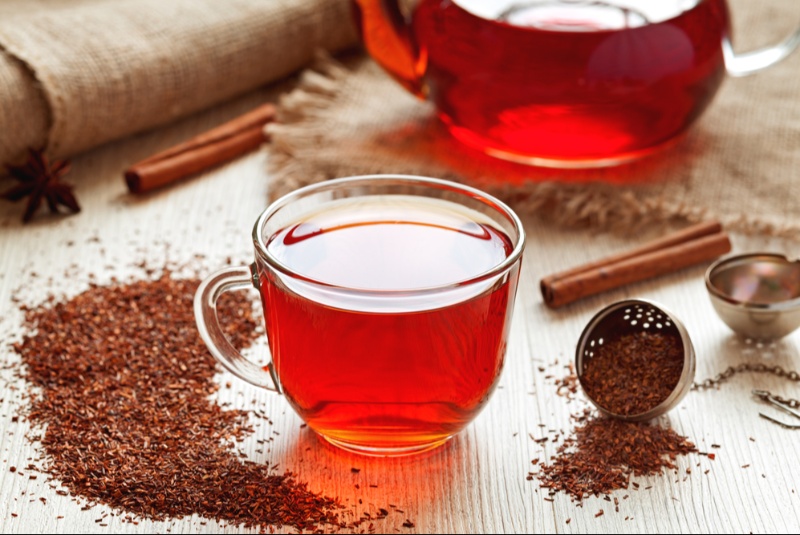The seasons are changing, summer graced us with her glimmering presence but she is gone all too soon. The weather is getting colder, and as you take out your warmer clothes – it may be time to consider switching up your habits and diet to adjust to the cold and keep your immune system functioning at a high level.

Soups Are Your Friend
Soup is a great way to stay hydrated in the cold weather. Cold and flu season lurk around each corner during the winter months. Now is the time to bulk up your immune system. Many of the healthy soups are loaded with vitamins and nutrients due to the vegetable and lean meat content in the mixture. Regularly consuming soup has been linked to lower body weight as well.
Best soups for winter seasons:
- Chicken noodle soup
- Vegetable soup
- Tomato soup
- Broccoli cheddar soup
Eat Seasonally
Eating fruits and vegetables that are in season will give you a greater nutritional bang for your buck. There isn’t one fit all recipe for fruits and vegetables in season because it does depend on your geographic location. An easy and effective way to eat in season is to visit your local farmer’s market to see what produce items are being grown locally at that time.
Get Adequate Rest
Refuse to skimp on sleep! Cutting precious hours of sleep can weaken your immune system and lead you down a dark path. During the wintertime, days get shorter and nights get longer – so it is definitely an opportune time to catch up on sleep. The average adult requires 7 to 9 hours of sleep per night.
Up Your B12 Intake
Vitamin B12 is a nutrient that helps keep the body's nerve and blood cells healthy. Vitamin B12 can prevent a type of anemia called megaloblastic anemia that makes people tired and weak. You can utilize a supplement to get your dose of B12 but it’s always preferable to consume natural food choices to get your intake of B12. Vegetarians are at extra risk of B12 deficiency because it’s not typically found in fruits and vegetables.
Foods rich in Vitamin B12:
- Eggs, milk, cheese, yogurt, lean meats, fish, poultry, cereal




